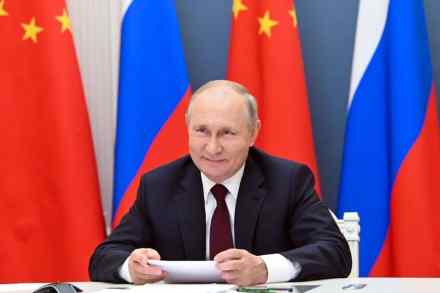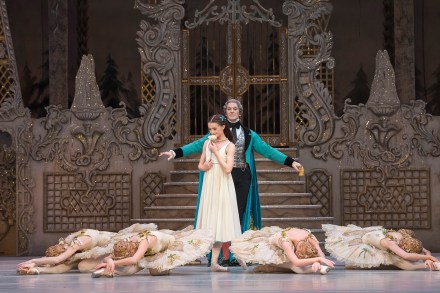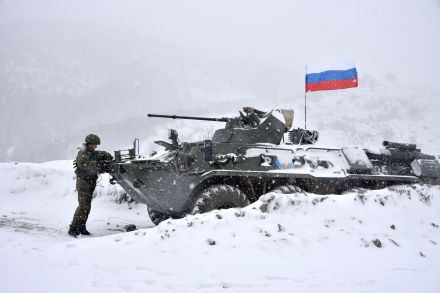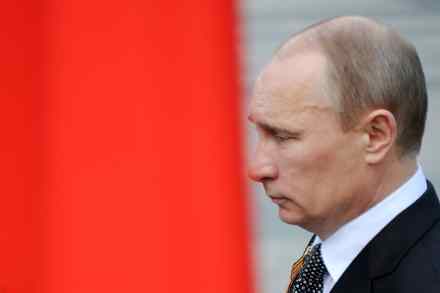The phoney war: what’s really going on between Boris and Putin
What a lucky coincidence. At the start of a week that could see the ignominious collapse of Boris Johnson’s premiership, an opportunity to go fully Churchillian has appeared out of the blue. In an unprecedentedly detailed and direct memorandum, the British Foreign Office announced that it had exposed Russian plans to mount a coup in Kiev. Johnson was quick to back the alarming news with a grave warning to Vladimir Putin. ‘The intelligence is very clear that there are 60 Russian battle groups on the borders of Ukraine, the plan for a lightning war that could take out Kiev is one that everybody can see,’ Johnson told reporters on Monday.




















